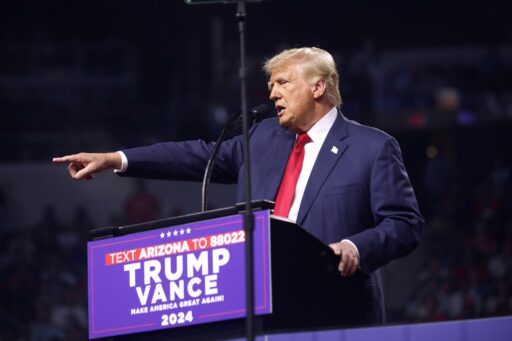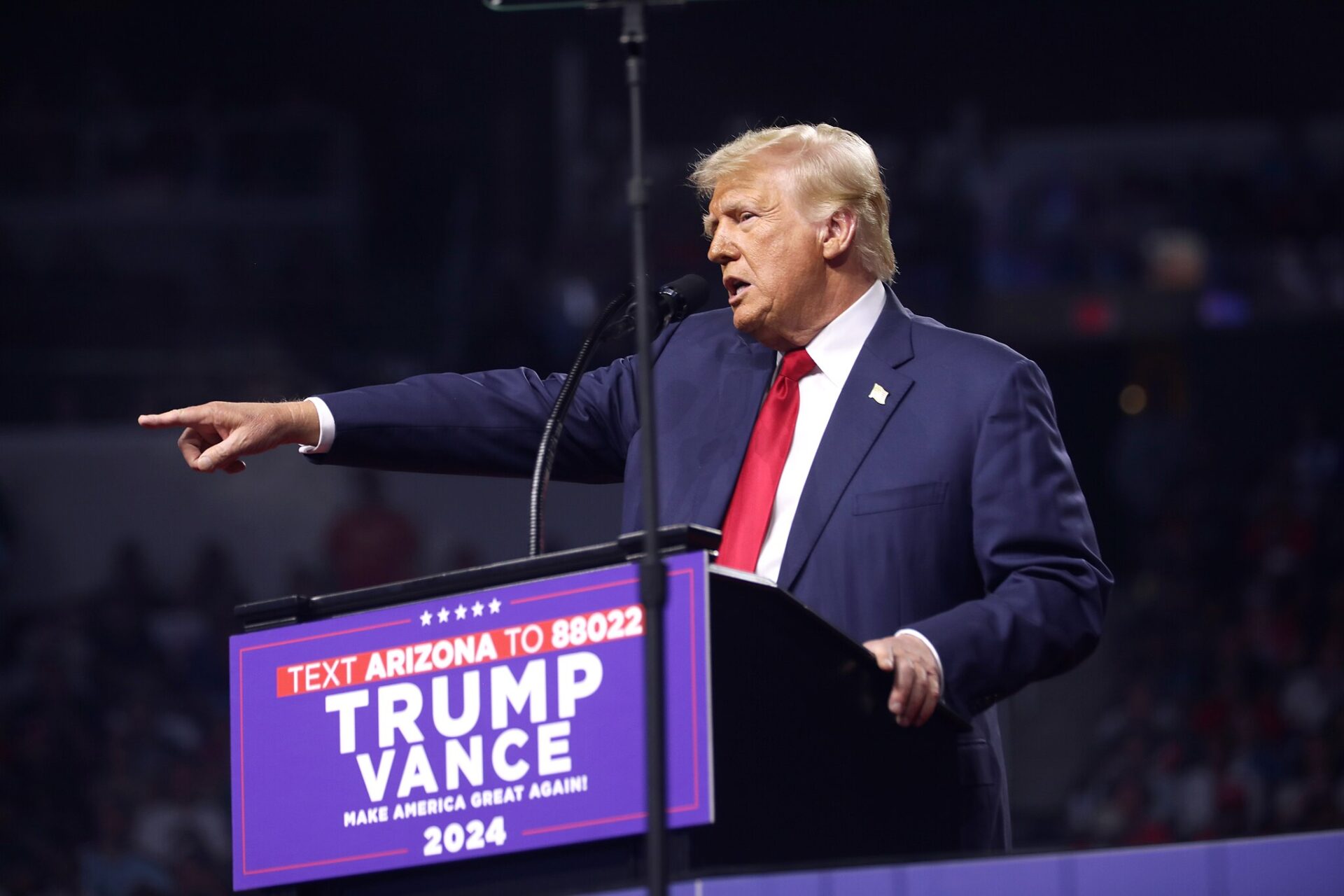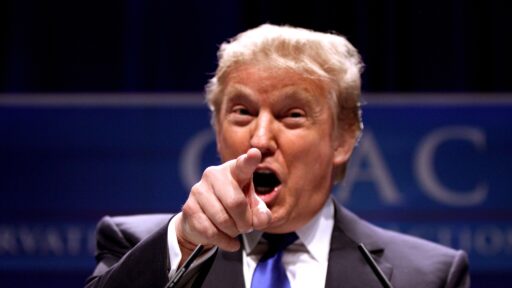Here’s what could happen but it’s not guaranteed.
The potential for escalating tariffs between the United States and Mexico could lead to higher prices for American consumers—something Republicans might need to be concerned about. Mexican President Claudia Sheinbaum has made it clear that if President-elect Donald Trump follows through on his proposed tariff hikes, Mexico will retaliate. Sheinbaum warned that one tariff would be met with another, leading to a damaging trade war that could harm businesses on both sides of the border.
Trump’s plan to raise tariffs is part of his broader strategy to address illegal immigration and drug trafficking. On Monday, Trump announced a 25% tariff on all goods coming from Mexico and Canada if those countries don’t take stronger action to curb the flow of drugs and migrants. Additionally, Trump proposed a 10% tariff on imports from China, continuing his tough stance on trade. During his presidential campaign, he pledged to impose aggressive tariffs on foreign goods, including a 60% blanket tariff on Chinese products and a 10-20% tariff on imports from other nations.
While Trump insists that these tariffs will not hurt American consumers and will instead strengthen U.S. manufacturing, most economists—including some Republicans—are skeptical. They warn that tariffs are essentially taxes on consumers. Jonathan Gold, vice president of supply chain and customs policy at the National Retail Federation, explained that “a tariff is a tax paid by the U.S. importer,” which ultimately gets passed down to consumers in the form of higher prices. Foreign sellers typically raise prices to cover the additional costs of the tariffs, meaning U.S. shoppers would end up paying more for goods.
If tariffs between the U.S. and Mexico escalate, certain industries could face significant disruptions. Mexico has become one of the U.S.’s largest trading partners, surpassing both Canada and China in trade volume. In 2023, the U.S. and Mexico exchanged nearly $800 billion in goods and services. These tariffs would hit major industries like automotive, agriculture, electronics, and steel. Experts warn that such disruptions are akin to imposing tariffs on U.S. states like California, with many goods produced through cross-border supply chains.
For American farmers, small business owners, and manufacturers, the consequences could be devastating. Missouri farmer Joe Maxwell warned that the tariffs could drive up costs for critical agricultural inputs, like fertilizers, making it harder for American farmers to remain competitive. Meanwhile, Alice Vaughn, the CEO of MilkToast Brands, a company based in Las Vegas, pointed out that tariffs on foreign-made products would force companies to either raise prices or lay off workers. She emphasized that even domestic manufacturers rely on imported materials and equipment, meaning tariffs would affect them as well.
Ultimately, the proposed tariff hikes could worsen inflation, raise prices for everyday products, and harm American businesses. While tariffs are a tool Trump has used to pressure foreign nations into compliance, it’s crucial to consider the broader economic impact on American workers and consumers.







